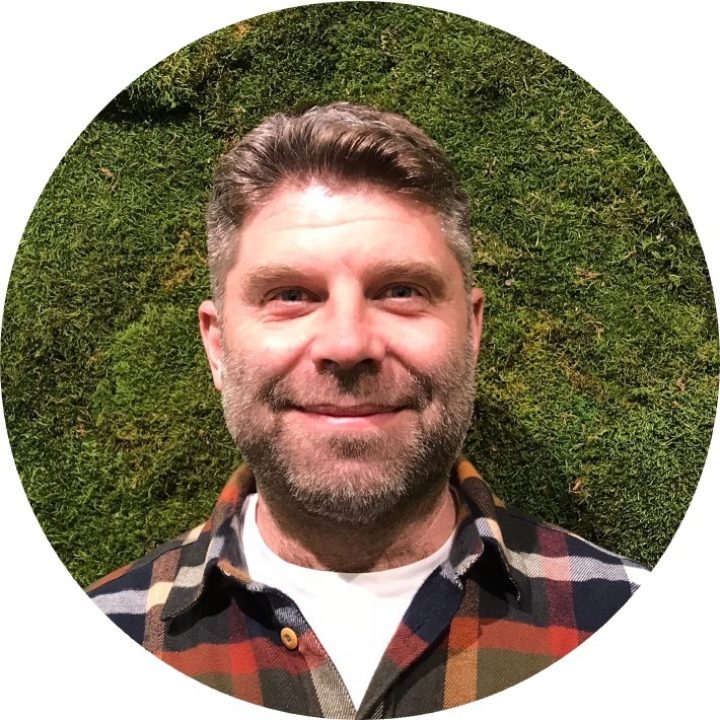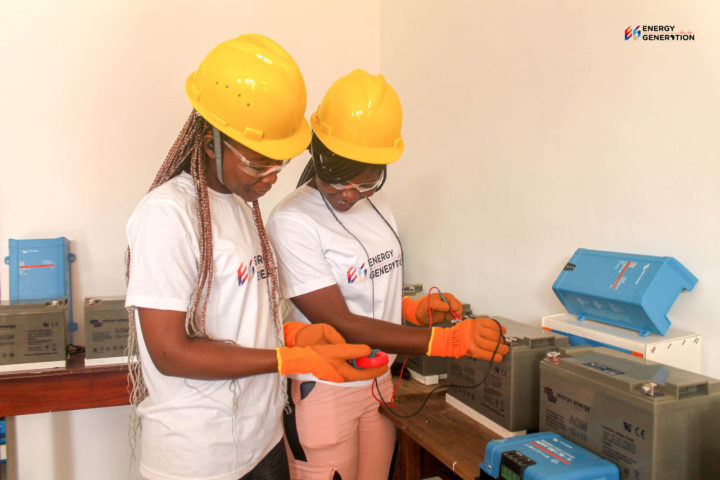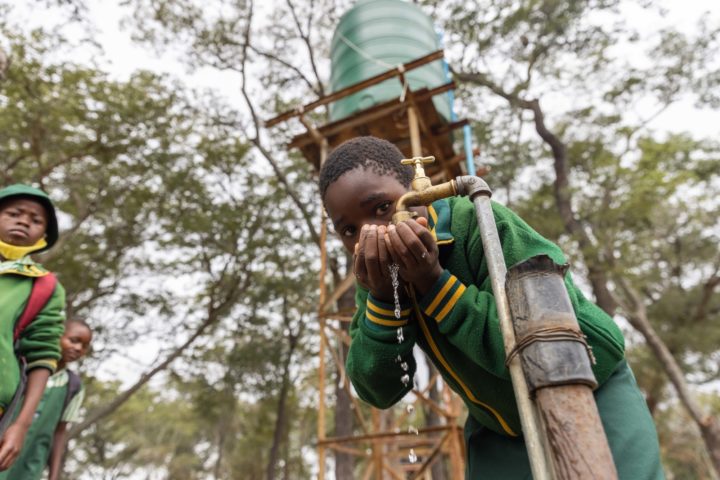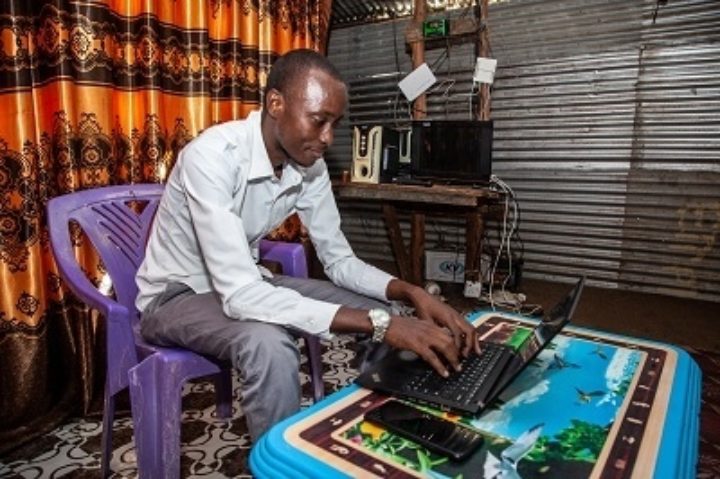Climate solutions: energy access in African nations
Distributed renewable energy projects are bringing opportunities, economic benefits and development to people and communities across Africa - and helping deliver on global climate targets
By Giles Bristow, Director of Programmes, Ashden
Share
Last updated:

Let’s start with the facts: more than 600 million African people don’t have access to electricity, and more than 900 million are without safe cooking facilities. To help address this, they urgently need access to sustainable energy which will also create jobs and improve lives and livelihoods.
Renewable energy revolution
Climate solutions charity Ashden believe that an accelerated renewable energy revolution will end energy poverty, spur economic progress and development, and slash emissions. Yet, energy access is not receiving the necessary international profile and has been notably absent from previous climate deal negotiations.

Governments worldwide are not aware of the huge potential of decentralised renewable energy (DRE) to deliver the raft of benefits associated with a clean economy. Globally, green energy could create 14 million jobs by 2030. And studies from Kenya and Nigeria suggest that every green energy job created, in rural areas, could lead to five more jobs through increased economic activity.
In addition, the levels of investment required to achieve energy access for all are falling way short. The African Development Bank reports an annual energy finance gap for the continent of $17-$25 billion.
Funding barriers
Climate funds, such as the World Bank’s Climate Investment Funds, are disbursing funds for adaptation and mitigation at rates as low as 19% and 12%, respectively, and the mechanisms do not yet exist for adaptation finance to be efficiently distributed at project level.
Whilst these barriers remain, Global South governments continue investing in high-carbon and centrally organised energy infrastructure, and governments in the Global North and too many UNFCCC negotiating parties remain uninspired by the potential of DRE. Consequently, political commitments and funding continue to fall far short of what is needed if we are to keep global warming to 1.5°C – and deliver universal access to clean, modern and sustainable energy.
Targets are (of course), important but meaningless to those already suffering the impacts of climate change. Africa bears less responsibility for this than any other continent yet experiences more extreme weather, shifting patterns of rainfall and rising sea levels. Even if targets are met these problems will grow in the years ahead.

Energy access and adaptation
Under the planning of the Egyptian Presidency of the COP, the agenda at this 27th global conference, will move to focus more on the solutions to tackling climate change – and crucially for Africa and the Global South, building resilience to the effects of the climate crisis.
The relationship between energy access and climate change adaptation is often overlooked. We need further information on the plan, outlined in Glasgow, to double adaptation finance; although this must not drive more countries further into debt and have no strings attached.
This is Africa’s COP and an opportunity to shine a bright spotlight on this priority issue for African nations and communities, as well as offering a platform for those marginalised and excluded voices. There is a pressing need to unlock sustainable economic growth while also supporting African nations and communities to build resilience and institute adaptation efforts.
But the solutions are already out there and ready to be upscaled which is why we need to put increased energy access funding at the heart of adaptation plans.
Power Up

Power Up is a new campaign boosting African efforts to seek greater global funding for affordable green energy - essential for adaptation to the climate crisis. To make this work we need to unlock more ambitious pledges from wealthy countries to fund this.
Power Up messages will be carried to COP by the 40+ organisations that are part of this vibrant coalition.
This is a coalition led by African organisations such as Ashden Awards finalist, in the Energising Refugee Livelihoods category, Kakuma Ventures, who are bringing sustainable energy and Wi-Fi to refugee camps. And Smiling Through Light who are distributing solar-powered water pumps to remote farms and support women entrepreneurs selling green energy products in Sierra Leone.
There’s everything to play for at COP – but we don't have to reinvent the wheel – it’s already rolling (slowly) - let’s just speed it up.